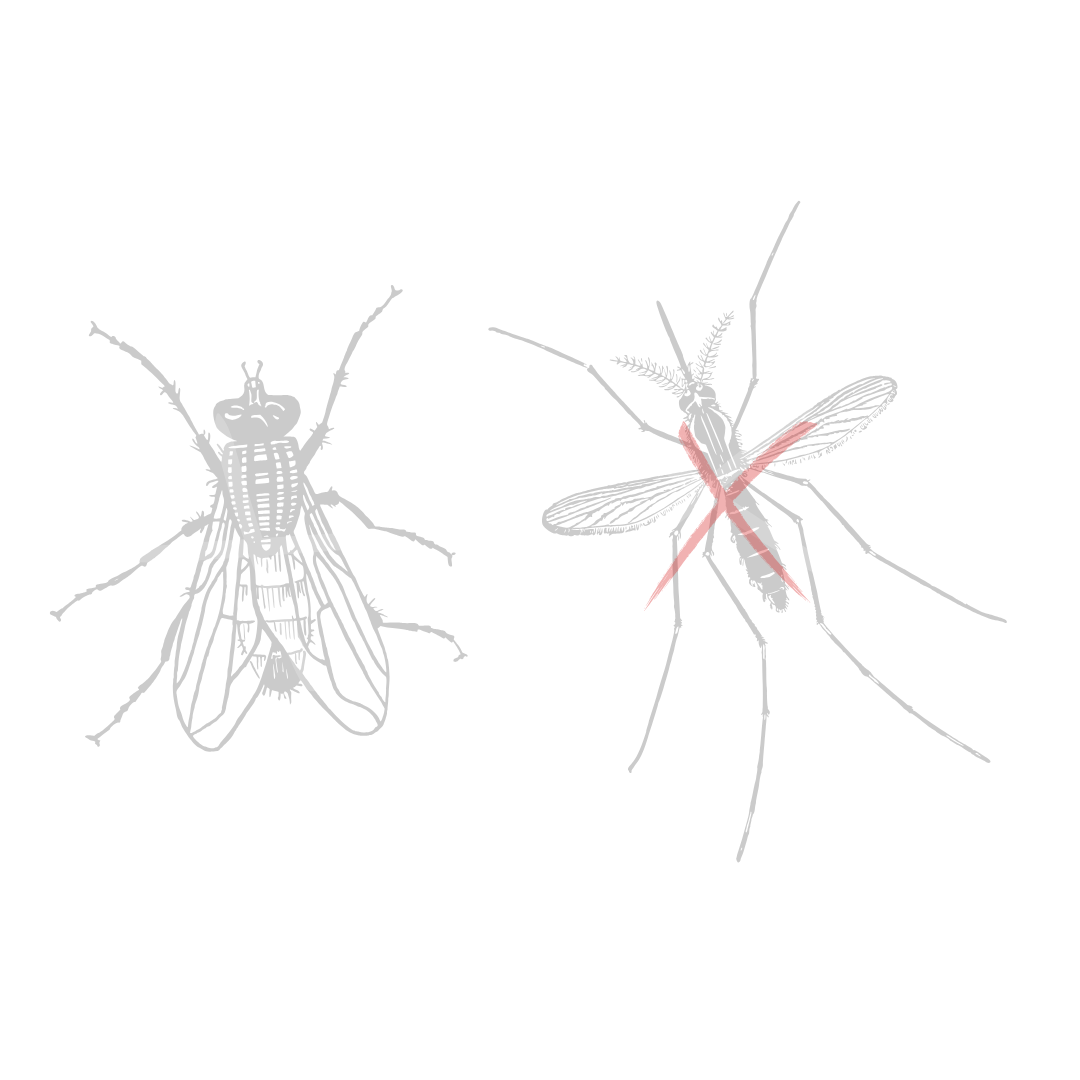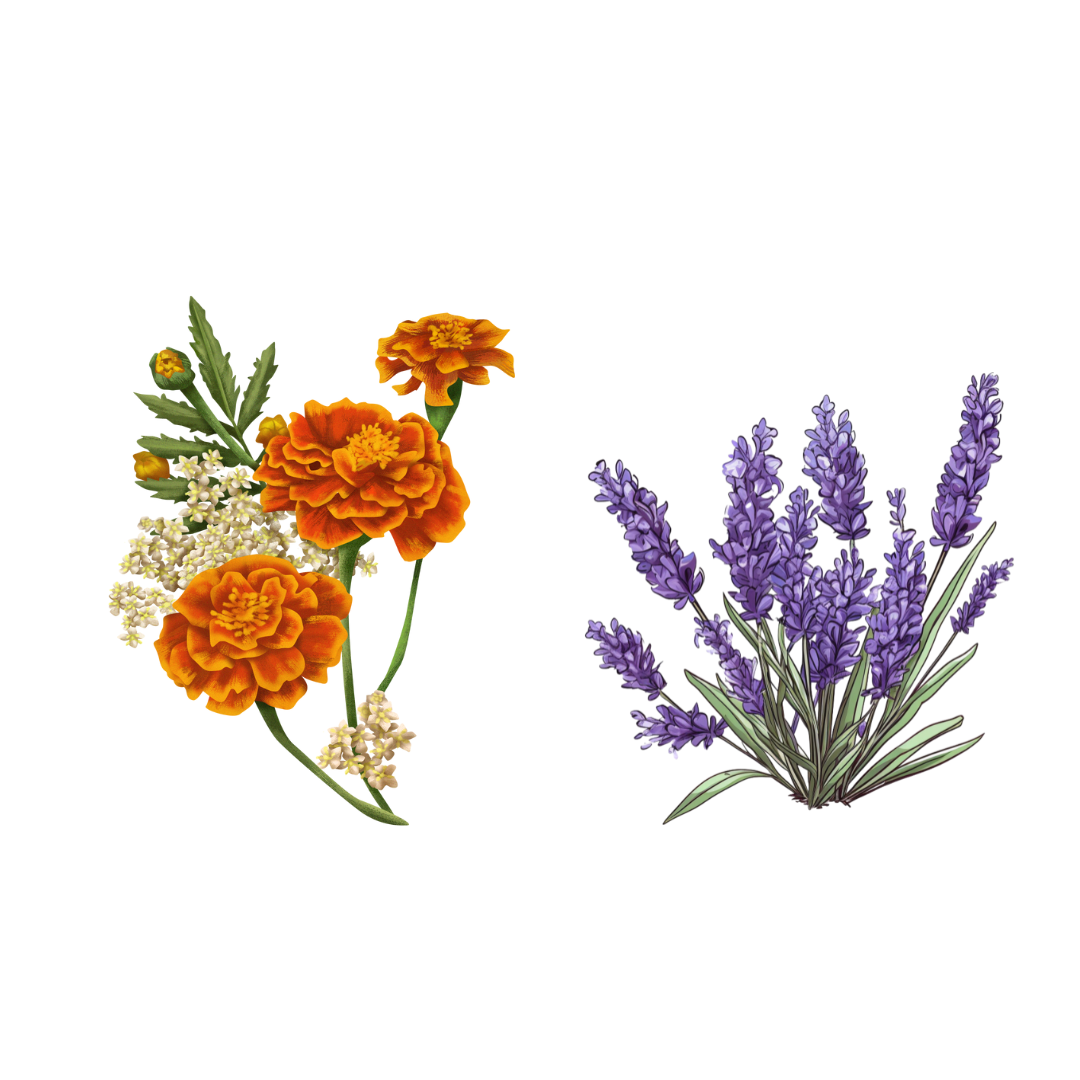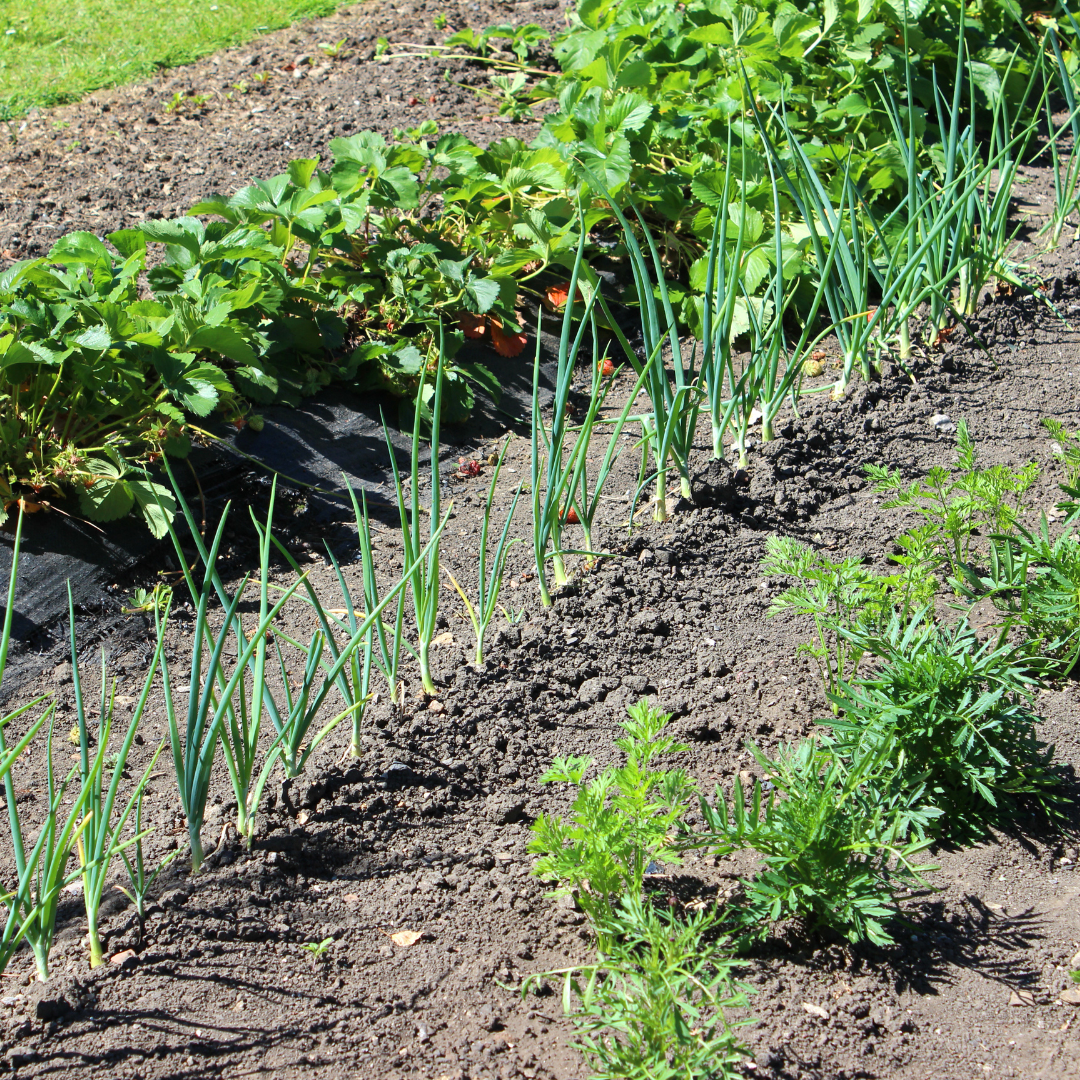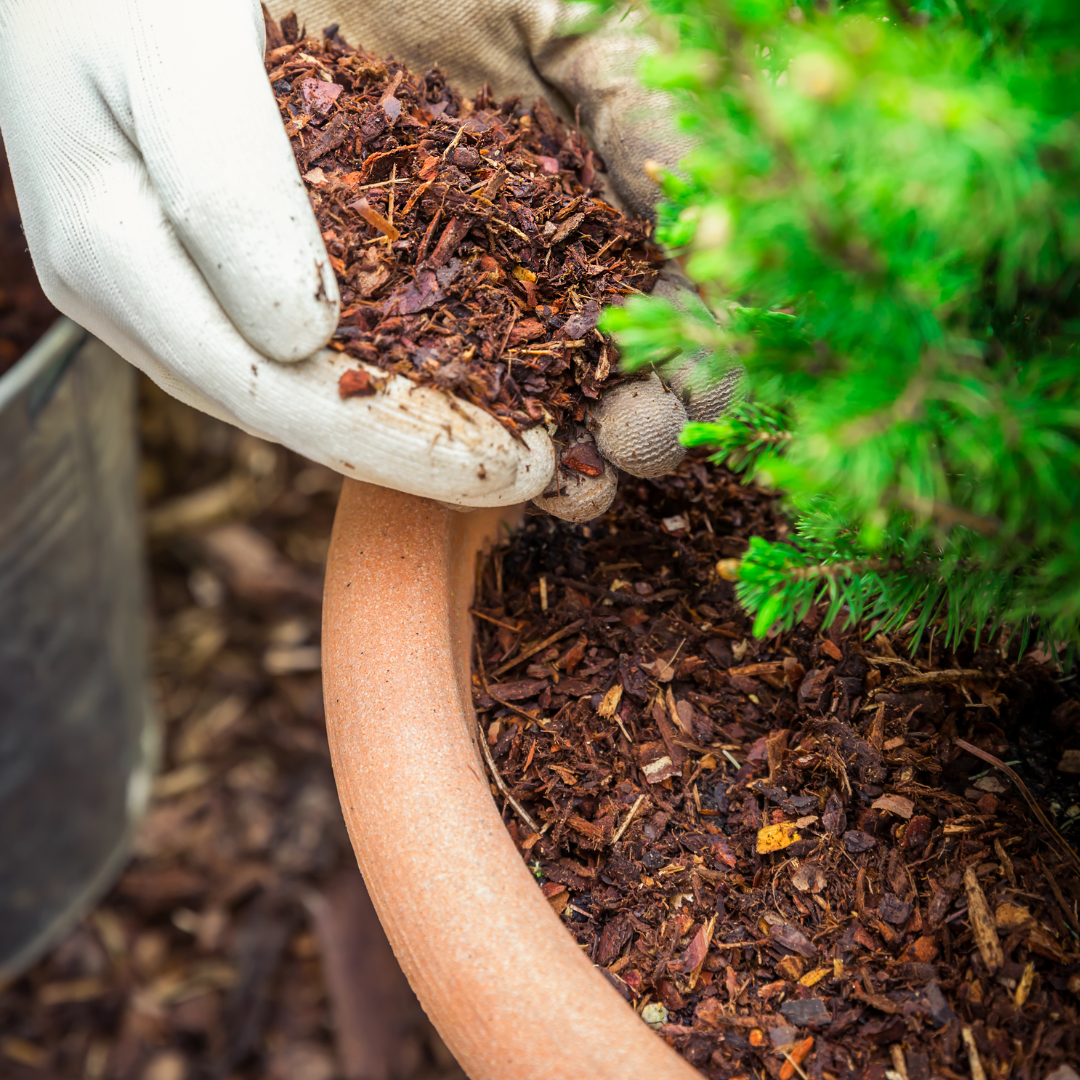Introduction
Vertical gardens are a fantastic way to save space and add greenery to your home. However, pests can be a real problem, threatening the health and beauty of your plants.
Using natural methods to protect your garden can be effective and environmentally friendly.

This guide will help you choose pest-resistant plants, use organic mulch, attract beneficial insects, and more. By implementing these strategies, you can maintain a thriving vertical garden without resorting to harmful chemicals.
Let’s explore how to keep your vertical garden pest-free and flourishing naturally.
Choose Pest-Resistant Plants
One of the easiest ways to keep pests away is by choosing plants that are naturally resistant to them.
For example, marigolds, and lavender, are known to repel insects.

These plants release scents and chemicals that pests find unpleasant. Adding these to your vertical garden not only adds beauty but also provides a natural defense against pests.
Companion Planting
Companion planting is a great way to deter pests naturally. This method involves planting certain plants together because they help each other out.

For example, basil planted near tomatoes can repel bugs that love to eat tomato plants.
Similarly, planting chives near roses can help keep aphids away. These companion plants’ natural scents and properties work together to protect your garden.
Use Organic Mulch
Organic mulch, like straw or wood chips, is another effective way to protect your garden.
Mulch helps retain moisture in the soil, which is beneficial for your plants. It also creates a barrier that makes it harder for pests like slugs and snails to reach your plants.

Additionally, mulch can suppress weeds, reducing the competition for nutrients and keeping your plants healthier.
Introduce Beneficial Insects
Not all insects are bad for your garden. Some are incredibly beneficial. Ladybugs, lacewings, and predatory wasps can help control pest populations by eating them.
Encouraging these beneficial insects to live in your garden can create a natural balance and reduce the need for chemical pesticides.
You can attract these insects by planting flowers like daisies and dill, which provide food and habitat for them.
Natural Pest Sprays
Homemade pest sprays made from natural ingredients can be very effective. One popular recipe involves mixing water with neem oil and a few drops of dish soap.

This mixture can be sprayed on plants to deter pests without harming the plants or the environment. Another option is a garlic and chili spray, which can repel insects with its strong scent and taste.
These sprays are safe, easy to make, and a great alternative to chemical pesticides.
Regular Inspection and Maintenance
Regularly inspecting your garden is crucial for early pest detection. Check the undersides of leaves and along stems for any signs of pests.

If you spot any, remove them immediately to prevent an infestation.
Keeping your garden clean and free of debris also helps reduce pest habitats. Remove dead leaves and plant material regularly to keep your garden healthy and less attractive to pests.
Use Physical Barriers
Physical barriers like netting or row covers can effectively protect your plants from pests. ‘
These barriers prevent insects from reaching your plants while still allowing sunlight and air to pass through. Make sure the barriers are securely fastened and cover the plants completely.
This method is especially useful for protecting young plants that are more vulnerable to pests.
Maintain Healthy Soil
Healthy soil is the foundation of a healthy garden. Enrich your soil with compost and organic matter to provide the nutrients your plants need.

Healthy plants are more resistant to pests and diseases.
Regularly adding compost and other organic materials can improve soil structure, increase water retention, and promote the growth of beneficial microorganisms that help protect your plants.
Rotate Crops
Crop rotation is an effective technique to prevent pest buildup and maintain soil health.
By changing the location of your plants each season, you disrupt the life cycles of pests that target specific plants. This practice also helps prevent soil depletion and reduces the risk of diseases.
Plan your garden layout to rotate crops each year, giving your soil a chance to recover and pests less opportunity to establish themselves.
Conclusion
Protecting your vertical garden from pests naturally involves a combination of smart planting choices, regular maintenance, and creating a balanced ecosystem.
By choosing pest-resistant plants, using organic mulch, and encouraging beneficial insects, you can reduce the need for chemical pesticides.
Regular inspections, physical barriers, and maintaining healthy soil further enhance your garden’s resilience.
With these natural methods, you can enjoy a beautiful, thriving vertical garden free from pests.

Pingback: How to Grow Medicinal Plants in a Vertical Garden?